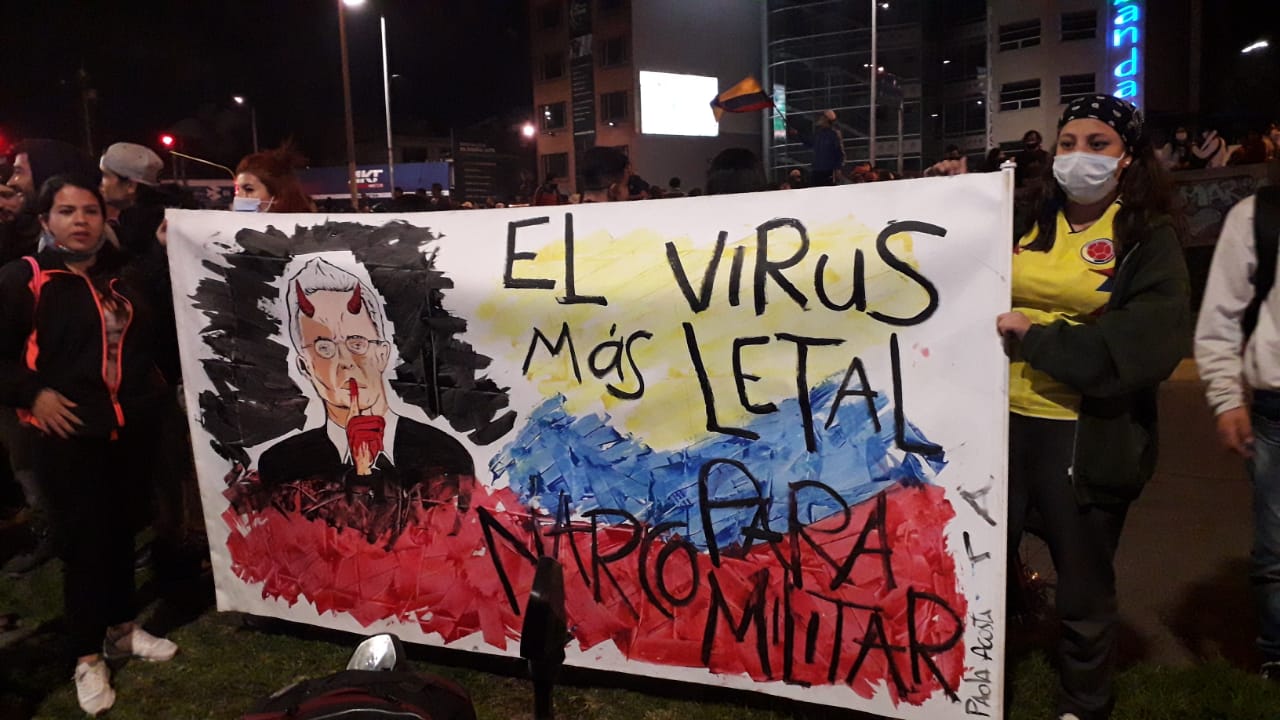
Image courtesy of @ONUMujeresCol: Twitter.
Despite the polarising rhetoric in this presidential candidate, the presidential candidates have a similar, if not the same, position on the divisive topic of abortion. The Bogotá Post looks at the current law as it stands in Colombia.
In 2017, Profamilia guaranteed 10,517 Colombian women the right to an abortion. However, according to a bulletin published last year by Medellin’s Secretary of Health, numbers of illegal terminations remain high, at around 400,400, with around 130, 000 cases suffering medical complications. What over half of Colombian women are not aware of, say the NGO, are the three cases of legality defined in 2006.
Despite the importance of this topic, it was barely touched upon in the presidential debates leading up to the first round of this year’s elections. The two remaining candidates, Iván Duque and Gustavo Petro, have both stated that they intend to respect the Constitutional Court’s ruling and keep abortion legal in the three predefined circumstances and do not intend to make any further changes.
With Duque holding a firm lead across the polls, Centro Democrático founder and the presidential candidate’s mentor Álvaro Uribe is personally against abortion, he told Semana in 2017. However, it was under his governance that the three cases of legalisation in 2006 were established and he respects the Court’s decisions in these cases, he stated.
Duque himself is a self-declared ‘pro-lifer’ due to his religious beliefs. In a press conference in Cali on April 17th, he was asked by representatives from pro-life group Unidos por la vida whether he supported free abortion. “I am Catholic, I am a person of faith,” he responded. “I believe life begins at the point of conception.” He went on to explain that the only three instances in which he accepts abortion are the three defined by the Constitutional Court, emphasising the importance of education around the implications of irresponsible sex.
In terms of his proposals to reduce the number of illegal abortions in Colombia, he maintained that education on safe sex was the answer, when asked by El Tiempo columnist Claudia Palacios. Indeed, he has dedicated proposal number 70 of his campaign to outlining his plans for sexual and reproductive education campaigns in order to reduce rates of teenage pregnancy.
Gustavo Petro, for his part, does not plan to make any changes to the current law either. Speaking to El Espectador in April of this year, he instead emphasised the importance of ensuring that the three cases outlined by the Constitutional Court are fully decriminalised as a first step, because “they have faced a lot of resistance,” he said.
He intends to go about ensuring this decriminalisation using public health initiatives and plans a large national programme to prevent teenage pregnancy, based on Colombia’s education system. Petro also outlined his plans to eliminate the barriers that often prevent access to contraception, he told El Tiempo columnist Palacios.
Notably, in the recent Las mujeres preguntan debate, which took place in Bogota on 8th May between Petro, Fajardo and De la Calle, Petro mentioned something none of the other candidates touched upon: women’s mental health on the topic of abortion. He emphasised the importance of psychological support if a woman finds herself choosing to terminate a pregnancy, stating that she should find herself in a “space of reflection and liberty” and that she must be guaranteed that her decision is “entirely free.”
While both candidates have dedicated proposals to women’s rights and gender equality, and both believe in the importance of education in order to prevent an unwanted pregnancy, neither is prepared to extend women’s rights beyond those stipulated by current legislation on abortion. Conservative Catholics, for example, who campaign for a full criminalisation of abortion no matter the circumstances, will not see any changes in line with their demands, nor will those who stand for a legalisation of abortion. No matter who becomes president this Sunday, both ends of the opinion spectrum on abortion will remain unsatisfied.





